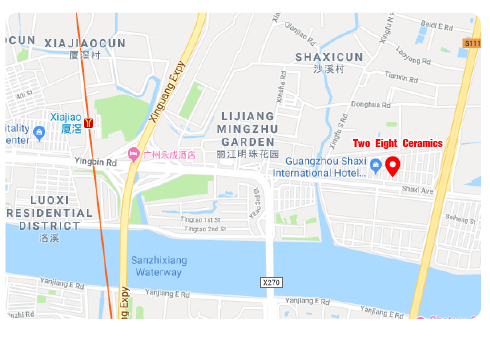how to avoid a too high consume of fat, sugar and salt - dishes to avoid soy at a sushi restaurant

Most people in modern society consume too much fat, sugar and salt, which greatly increases the risk of serious diseases.
Here you can learn how to fully control the intake of these nutrients.
Many people consume a lot more fat, sugar and salt than they need.
You are also easier to consume than you think, because there is a large amount of these nutrients hidden in the food sold in the store.
Even among young people, high consumption of fat sugar and salt can lead to obesity, diabetes, heart disease, stroke and cancer.
As the intake of these substances increases, the frequency of these serious diseases is also increasing.
In order to keep yourself healthy and reduce the risk of illness, you need to have absolute control over the consumption of these nutrients.
How much salt, fat and sugar do you need?
Adults need about 4 grams of salt per day.
When you evaluate the amount of salt added to the food you buy, and the salt added to the dishes you cook, you can use this number.
Each meal of yours should include less than 10% of fat, about 30% of carbohydrates (starch and sugar) and about 25% of protein, measured by weight.
The remaining 35% will be the amount of other nutrients and water in your food.
Some experts will recommend more fat and less carbohydrates.
But if you choose to get most of your energy from fat, you have to make sure that you also significantly reduce the consumption of sugar and starch.
It is impossible to achieve the ideal amount of fat, carbohydrates and salt in your diet.
But by following some of the principles of the food you buy, cook and eat, you can control the composition of your diet well.
Some practical suggestions to get the correct proportion of protein content in all meals
Rich food such as fish, poultry, eggs, mushrooms or meat.
Each meal should also contain the same amount of carbohydrates.
Rich food such as bread, grain, potatoes, beans or peas.
You should eat some fruits and vegetables every meal.
You should eat some foods that are rich in healthy fat every week, such as fat fish, sunflower seeds, almonds or nuts.
The right amount of fat you need will naturally be found in all of these food types.
Replace sugar with fresh or dry fruits such as bananas and raisins to sweet your food.
Ideally, you should not eat the bread you bought in the store, instead make dishes with unprocessed grains such as porridge or cereal, or bake the bread with unprocessed grains.
These dishes, or yourself.
You can add a small amount of salt and natural oil.
If you still choose to buy ready-made bread, choose whole grain bread, which contains the specified natural oil as the only fat type, without adding sugar and only a small amount of salt.
Make all dishes from natural unprocessed sources.
Only a small amount of natural oil and salt is added during cooking.
Buy meat that does not contain visible fat, or cut off the fat you can see.
Processed or canned fish, meat, and vegetables usually contain a large amount of sugar and salt, usually fat.
If you still choose to buy canned foods, make sure they do not contain added sugar, fat or salt before purchasing.
Avoid all kinds of ready-made sweet drinks.
Ideally, you should press juice from fresh fruit according to your taste and mix it with water as your sweet drink.
Do not add sugar.
If you still choose to buy ready-made
The juice made must be made with no added sugar or salt.
Cookies, candy, ice
Cream and Cake are mainly made of fat, sugar and starch.
These things should be eaten only a few times a week on special occasions, not an important part of the daily diet.
If you choose to buy ready-made food, be skeptical about the food you find in the store
For some type of food, you have to read the statement to reasonably determine the content and not believe what is said on the label.
If there is no statement, the statement does not look complete, does not state the amount, or contains some fancy words in the statement, do not buy.
If the manifesto says "plant fat", this fat is usually processed by industry and is not healthy for you.
In addition, if the consistency and taste of the food does not seem to conform to the contents of the statement, the statement is likely to be wrong and you should avoid this product.
For example, a full corn bread should have a firm consistency and will not feel soft.
Bread without sugar should not have obvious sweetness.
A small amount of fat added to your food should be unprocessed oil from olives, sunflowers, almonds, rapeseed, nuts, flax seeds, soybeans and other natural oils, and you should make a difference between these types of oils, this way you can mix fatty acids well in your diet.
Guangdong Hosen Two Eight Industrial Co.,Ltd. is a professional ceramic tableware manufacturer. It is committed to provide customers with one-stop purchasing service for hotel supplies and catering suppliers about 20 years by now. Sitemap
CONTACT US
Mobile: +86-18127955755 / 13694279549
E-mail: haoxin-2@28ceramics.com /
Office Address: 3/F-4/F, Shaxi International Hotel Supplies City, Shaxi Village, Guangzhou City, China
Factory Address: Ditou lndustrial Zone, Fengxi District, Chaozhou City, China

